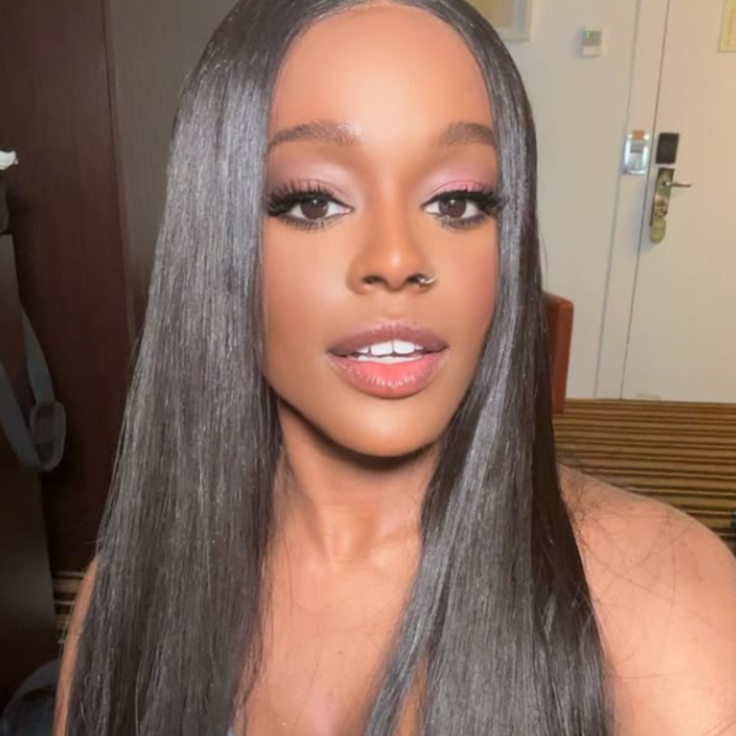US Rapper Azealia Banks Withdraws from UK Festivals Over Palestine Support Pressure
Festival Politics Heat Up as Azealia Banks Refuses to Endorse Palestine, Highlighting Divisions in the UK Music Scene

Azealia Banks, the US rapper known for her outspoken views and eclectic performances, has withdrawn from major UK festivals after allegedly being pressured to publicly support Palestine. Banks, who was set to perform at Boomtown Festival in Winchester and Maiden Voyage Festival in London, reportedly refused demands from organisers to make a statement in support of Palestine amid the intensifying Middle East crisis.
This dramatic exit has sparked heated debate among fans, festival organisers and the wider music community. According to NationalWorld and Express, Banks said she felt pushed to politicise her art and decided to step back rather than comply with what she described as 'unfair demands'. Her decision has reignited discussions about the growing role of political activism in UK music festivals.
Rising Calls for Political Statements at UK Music Events
UK festivals are increasingly expected to adopt clear political positions, particularly regarding the Israel-Palestine conflict. Activist groups and many festival-goers have urged musicians and organisers to actively support Palestine, viewing the arts as a powerful platform for social justice.
Boomtown Festival has long advocated social causes, but reportedly faced backlash after asking Banks to publicly support Palestine, which she declined. According to the Express, other artists have faced similar requests, suggesting a broader trend of festivals requiring explicit political engagement from performers.
Mixed Reactions from Fans and Organisers Alike
The response to Banks' withdrawal has been mixed. Some supporters defended her right to artistic independence, arguing that music should remain separate from politics. 'Artists must not be forced into political positions,' one user wrote on X (formerly Twitter). Others criticised her for avoiding what they described as a moral obligation to address human rights issues.
Boomtown Festival issued a statement expressing regret but respecting her decision, stating: 'We encourage awareness and dialogue on social issues but respect every artist's freedom to choose their level of engagement.' Maiden Voyage organisers echoed this sentiment, reaffirming their commitment to socially conscious events while acknowledging diverse perspectives.
Politics and Activism: A Growing Fault Line in UK Festival Culture
This controversy highlights a deeper cultural shift in the UK festival scene. As audiences become more politically aware, there is increasing pressure on artists to take a stand on global issues. However, this trend raises difficult questions about balancing activism with artistic freedom.
According to music industry analysts, activism can strengthen an artist's connection with socially engaged fans but also risk alienating others and complicating festival programming. Banks' decision exemplifies the tension between personal expression and external political expectations that artists face today.
What the Future Holds for UK Festival Lineups and Political Pressure
Looking ahead, UK festival organisers will likely face growing scrutiny over political issues, particularly concerning Palestine. Booking decisions may increasingly factor in artists' willingness to participate in activism, potentially reshaping festival identities.
Azealia Banks' decision could set a precedent, illustrating the challenges of merging music and politics in public entertainment. The UK music community remains divided on whether political demands enhance or diminish the festival experience, making this an evolving and contentious debate.
© Copyright IBTimes 2025. All rights reserved.


















